Contribute to the successful implementation of socio -economic development goals and targets
The report of the Monitoring Delegation affirmed that the promulgation and implementation of policies and laws on environmental protection (EP) since the Law on Environmental Protection 2020 came into effect has achieved many positive and important results, contributing to the successful implementation of goals and targets for sustainable socio-economic development, ensuring national defense, security, foreign affairs, social security and international integration.
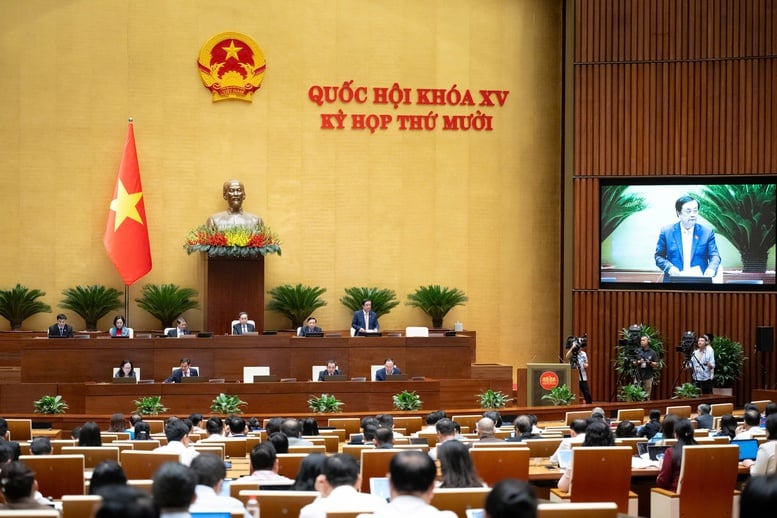
Vice Chairman of the National Assembly Le Minh Hoan chaired the meeting on October 28.
Specifically, the Government, the Prime Minister , ministries, branches and localities have issued more than 500 documents guiding and implementing the Law on Environmental Protection, of which the Government, the Prime Minister, ministries and branches have issued more than 30 documents, thereby basically institutionalizing and fully concretizing the Party and State's policies and guidelines on environmental protection, responding to climate change, thoroughly grasping the principle that the environment is one of the three pillars " Economy - Society - Environment " for sustainable development, strongly shifting to an environmental management mechanism using economic tools with the participation of the whole society.
The promulgation of legal documents is carried out seriously, ensuring their constitutionality and legality. Important national strategies and plans are developed and approved, including the National Environmental Protection Strategy and the first ever National Environmental Protection Plan. The system of national technical standards and regulations on the environment continues to be reviewed and updated, approaching international standards.
Environmental protection work has seen many changes, achieving and exceeding many important goals and targets set out in the Resolution of the 13th National Party Congress; Vietnam's sustainable development index has increased, ranking first in ASEAN.
3/5 targets have exceeded the plan set for 2025, including: the rate of collection and treatment of urban solid waste meeting standards and regulations; the rate of industrial parks and export processing zones in operation with centralized wastewater treatment systems meeting environmental standards; forest coverage rate. The state budget (NSNN) for environmental causes is guaranteed to be no less than 1% of total state budget expenditure and will increase over the years (in 2024 it will reach 1.12%). Socialized resources and investment from enterprises for environmental protection have also seen positive changes.
In addition, major sources of waste have been actively and strictly controlled, preventing major environmental incidents; many models of urban, rural areas, industrial zones, industrial clusters, craft villages, and ecological, environmentally friendly production facilities have emerged. Many large projects with strict environmental protection controls have officially come into operation, making important contributions to economic growth.
Investment activities in installing automatic wastewater monitoring equipment, continuously transmitting data directly to state management agencies have received attention and investment. The rate of industrial parks and industrial clusters in operation with centralized wastewater treatment systems has increased compared to the previous period.
The rate of increase in pollution and environmental degradation has been stopped, and environmental quality has gradually improved, especially the quality of soil environment, surface water environment in some major river basins, coastal seawater, and groundwater.
Climate change response has had positive changes; resilience and adaptive capacity of natural, economic and social systems have been enhanced, ensuring sustainable livelihoods; greenhouse gas inventories in enterprises have been implemented; green transformation in industries and sectors towards the goal of net zero emissions by 2050 has been strongly promoted; the legal corridor for carbon market development in Vietnam has been and is being formed. Regarding climate change response in the Mekong Delta, many structural and non-structural solutions are being deployed.
Environmental pollution is still complicated.
However, in addition to the achieved results, the Monitoring Team found that the implementation of the Law on Environmental Protection in 2020 still has some limitations and shortcomings, of which the following are prominent: Environmental pollution still occurs, is still complicated, and sometimes at a serious level, especially air pollution (due to fine dust) in big cities; air quality index sometimes exceeds the safe threshold, adversely affecting people's health, and at times Hanoi and Ho Chi Minh City fall into the group of the most polluted cities in the world.
The circulation and reuse of wastewater and the recycling of some types of industrial solid waste are still limited; some types of hazardous waste and pesticide packaging generated from households... have not been collected and treated separately; in some localities, medical facilities face difficulties in collecting, transporting and treating hazardous medical solid waste.
Some policy objectives of the Law on Environmental Protection as expressed in other relevant laws have not achieved the desired results. The situation of petitions and denunciations about the environment, crimes and violations of the Law on Environmental Protection still occurs in some localities, with some cases becoming complicated and causing disorder in social security.
According to the report of the National Assembly's Committee for Petitions and Supervision, there have been complaints, denunciations, and petitions related to the activities of a number of concentrated livestock farms that discharge waste into the environment; waste collection and treatment activities in a number of localities; the activities of a number of production facilities that generate emissions that pollute the environment; cemetery park projects, etc., which have had a major impact on the lives of people in the area.
Most of the solutions of local authorities have only stopped at the level of requiring investors to limit the negative impacts of projects and works on people's lives, activities and production, without having more fundamental solutions to completely resolve the environmental pollution situation.
The monitoring delegation raised a number of recommendations and proposals, emphasizing that, based on the monitoring results, the Government should direct the amendment, supplementation, completion and implementation of legal documents, mechanisms and policies in the environmental field, overcome limitations and shortcomings; fully and synchronously implement tasks and solutions; focus on promptly removing and resolving difficulties and problems, and handling "hot spots" of environmental pollution.
The Government and the Prime Minister, within their scope, tasks and powers, shall direct the implementation and report to the National Assembly on the results of the implementation of the National Assembly's Resolution on the subject of supervision at the same session as the annual report on environmental protection work; promulgate a program and plan for the implementation of the Resolution, clearly identifying the presiding agency, coordinating agencies, roadmap, progress of completing each task and ensuring funding for implementation; in the immediate future, focus on leading and directing the implementation of breakthrough tasks and solutions and urgent tasks and solutions, to be completed by the end of 2026.
Hai Lien
Source: https://baochinhphu.vn/thuc-hien-chinh-sach-phap-luat-ve-bao-ve-moi-truong-dat-nhieu-ket-qua-tich-cuc-10225102810480448.htm



![[Photo] Draft documents of the 14th Party Congress reach people at the Commune Cultural Post Offices](https://vphoto.vietnam.vn/thumb/1200x675/vietnam/resource/IMAGE/2025/10/28/1761642182616_du-thao-tai-tinh-hung-yen-4070-5235-jpg.webp)
![[Photo] Flooding on the right side of the gate, entrance to Hue Citadel](https://vphoto.vietnam.vn/thumb/1200x675/vietnam/resource/IMAGE/2025/10/28/1761660788143_ndo_br_gen-h-z7165069467254-74c71c36d0cb396744b678cec80552f0-2-jpg.webp)
![[Photo] National Assembly Chairman Tran Thanh Man received a delegation of the Social Democratic Party of Germany](https://vphoto.vietnam.vn/thumb/1200x675/vietnam/resource/IMAGE/2025/10/28/1761652150406_ndo_br_cover-3345-jpg.webp)


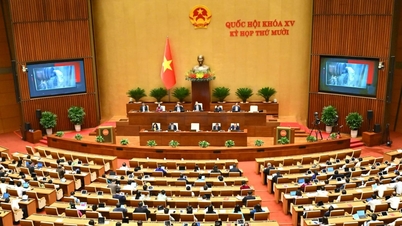



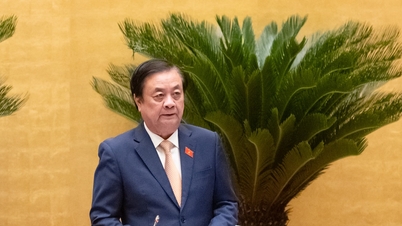
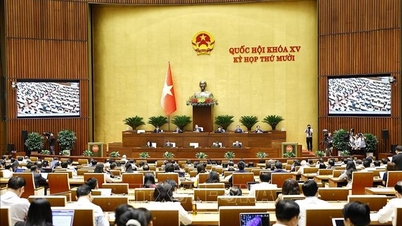

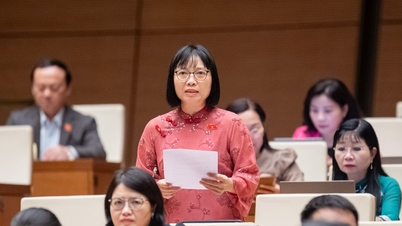
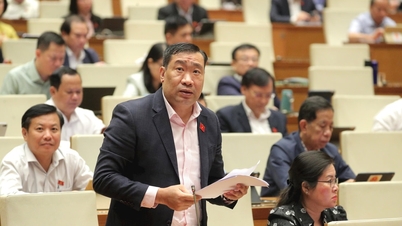
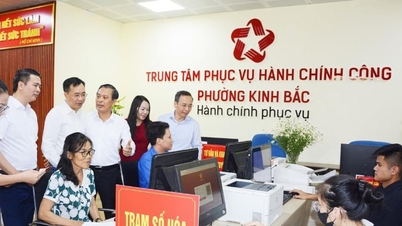
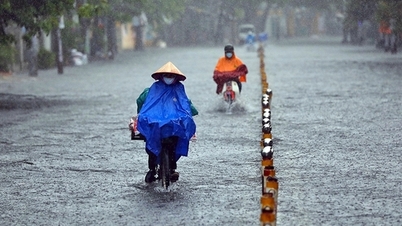

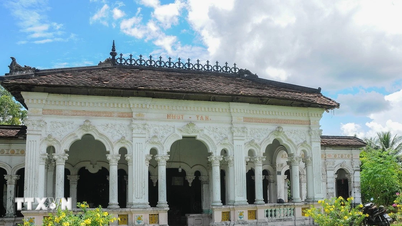

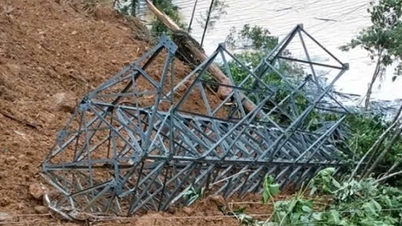






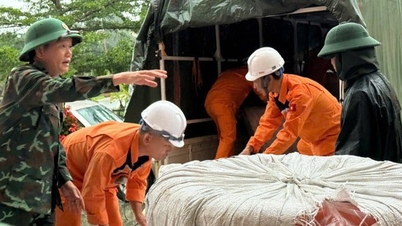
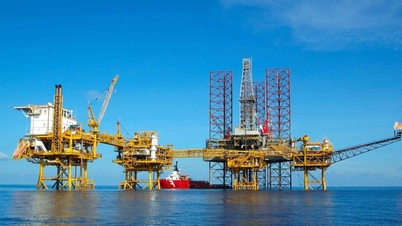
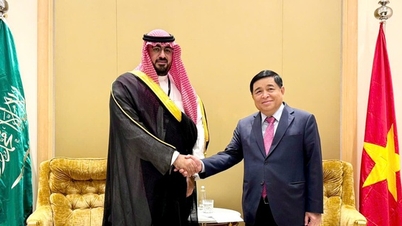
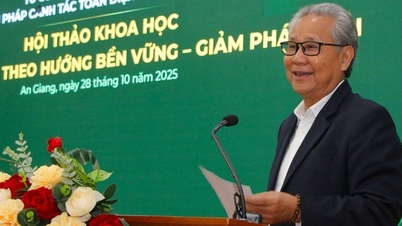
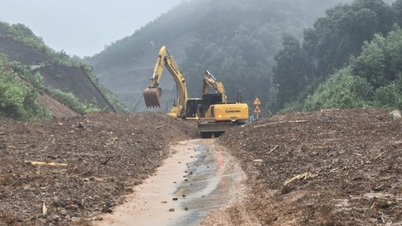


![[Photo] President Luong Cuong attends the 80th Anniversary of the Traditional Day of the Armed Forces of Military Region 3](https://vphoto.vietnam.vn/thumb/1200x675/vietnam/resource/IMAGE/2025/10/28/1761635584312_ndo_br_1-jpg.webp)


































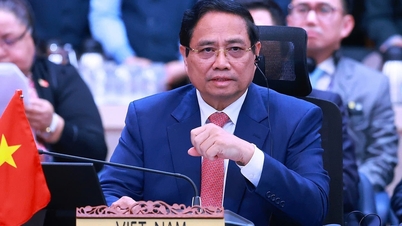

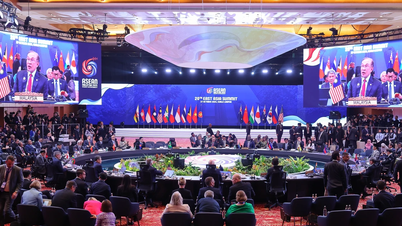
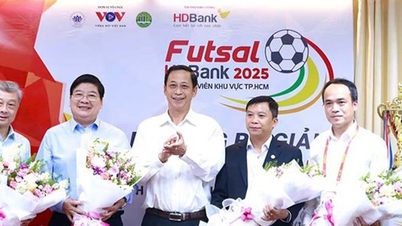

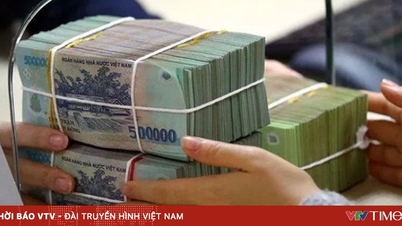

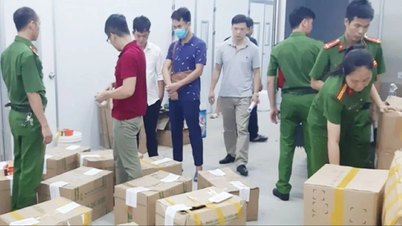

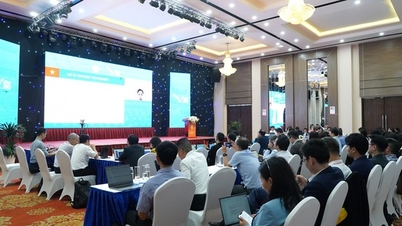

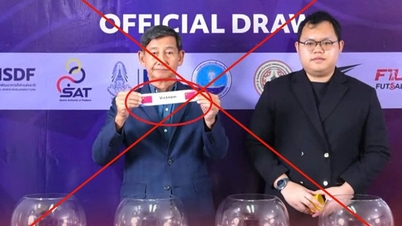

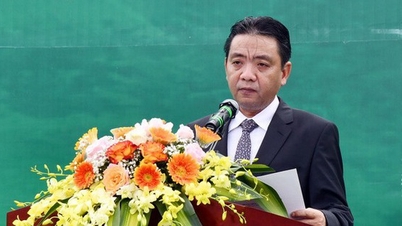
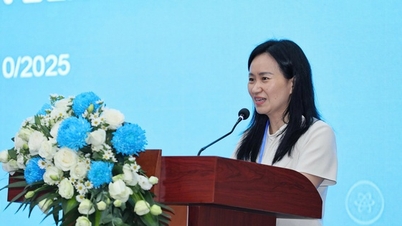
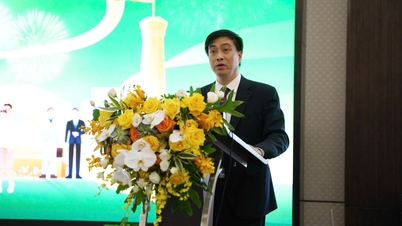


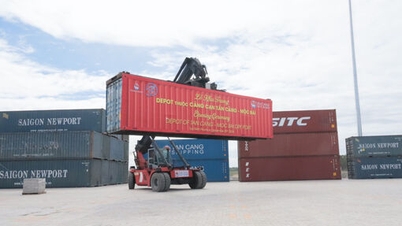


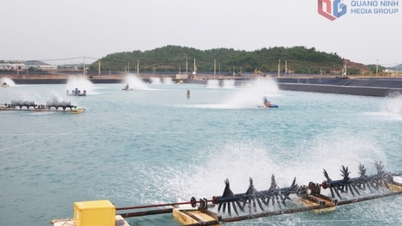

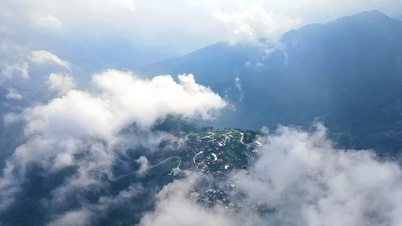

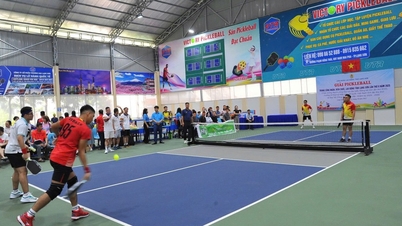

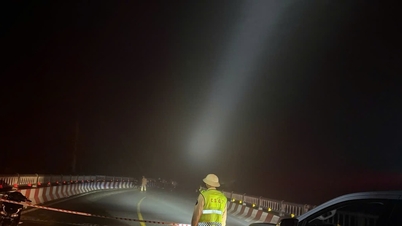












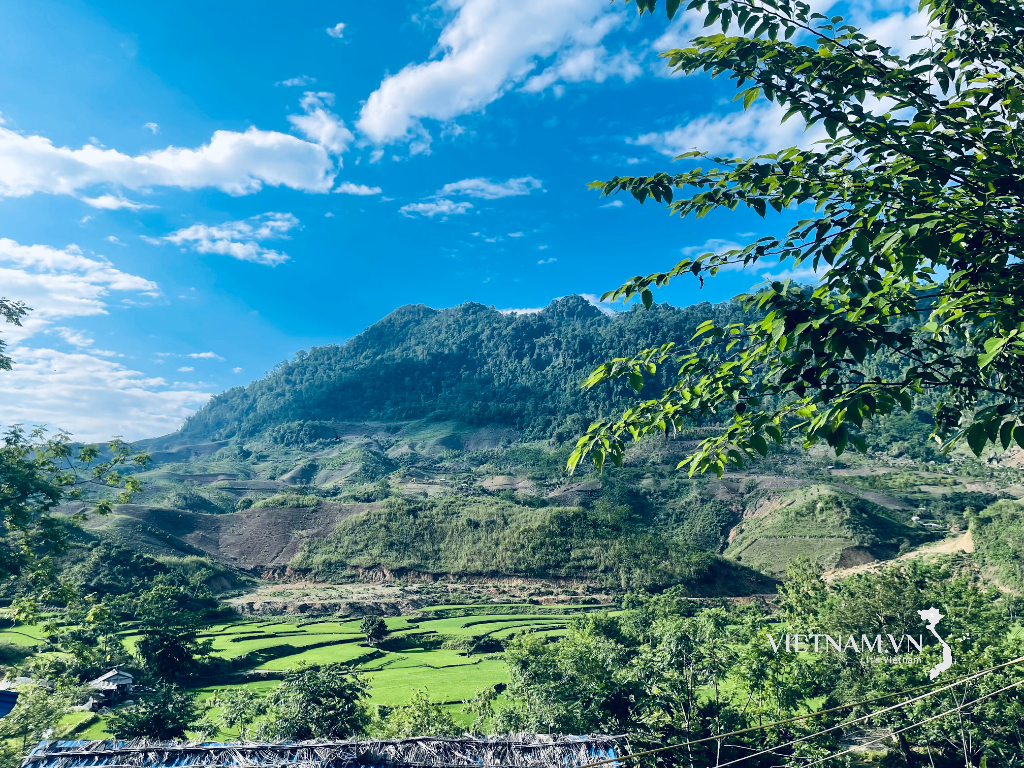


Comment (0)